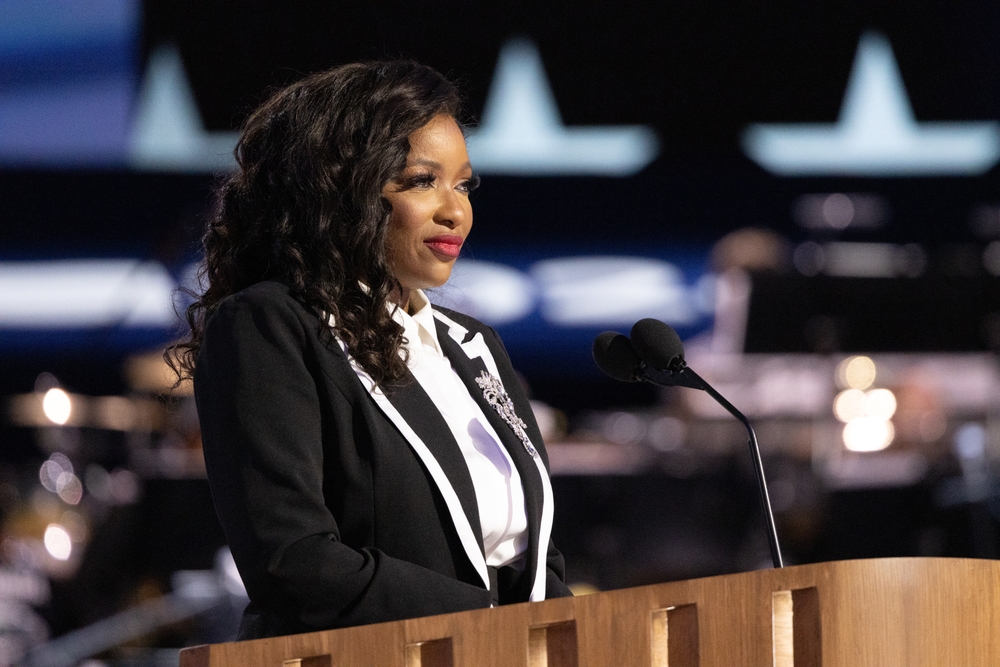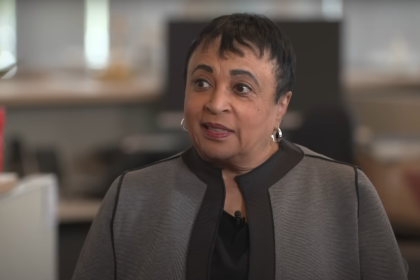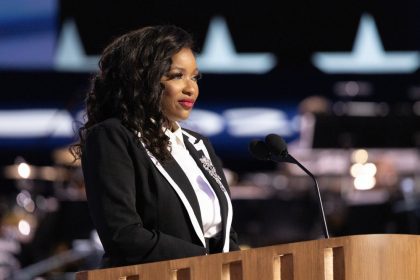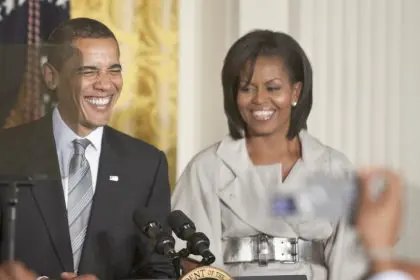The impact of digital disinformation
Jasmine Crockett, representing Texas‘s 30th congressional district, has emerged as a prominent target of widespread misinformation campaigns across social media platforms. The first-term Democratic representative finds herself at the center of multiple fabricated controversies, highlighting the growing challenge of combating false narratives in modern politics.
A recent viral post from a DOGE-affiliated account falsely claimed Crockett had accumulated $9 million in wealth during her brief tenure in Congress. The allegation spread rapidly across social media networks, despite lacking any substantiating evidence or documentation. Financial disclosure records, which are publicly available for all members of Congress, directly contradict these claims.
Pattern of coordinated attacks
The manufactured controversy follows a distinct pattern of targeted disinformation aimed at the freshman representative. Conservative influencers have repeatedly circulated unfounded allegations about Crockett’s finances and personal life, including a recently retracted claim about misappropriated government funds.
The timing of these attacks appears to correlate with Crockett’s increasing national visibility, particularly following her memorable address at the 2024 Democratic National Convention. Her direct criticism of former president Donald Trump and outspoken advocacy for progressive policies have made her a frequent target of conservative media outlets and social media personalities.
Digital literacy and public response
The spread of misinformation has prompted a grassroots response from social media users who have increasingly utilized community fact-checking features to combat false narratives and misrepresentations. These efforts highlight a growing trend of digital literacy, where individuals take responsibility for ensuring the accuracy of information. As more people engage in verifying facts, citizen participation plays a critical role in maintaining information integrity and promoting a more informed online environment. This collective action reflects a shift toward greater accountability and transparency in the digital space, where users are empowered to challenge misleading content and protect the truth.
The congressional representative has taken an unconventional approach to addressing these attacks, often employing humor and direct challenges to her critics. This strategy has proven effective in exposing the lack of substance behind the allegations while maintaining public engagement with serious policy issues.
Broader implications for political discourse
The ongoing campaign against Crockett illustrates the evolving landscape of political attacks in the digital age. Traditional smear tactics have been amplified by social media algorithms and anonymous accounts, creating new challenges for public servants attempting to maintain transparent communication with constituents.
The phenomenon extends beyond partisan politics, raising fundamental questions about information verification and public trust in democratic institutions. As social media platforms continue to serve as primary news sources for many Americans, the ability to distinguish fact from fiction becomes increasingly crucial.
The persistence of these attacks, despite their demonstrable falsehood, points to a broader crisis in political discourse. While public figures have always faced scrutiny, the speed and scale at which misinformation now spreads presents unprecedented challenges for maintaining informed public debate.
Looking forward
The response to these disinformation campaigns may serve as a model for future political figures facing similar challenges. By combining traditional fact-checking methods with modern digital tools and maintaining direct engagement with constituents, politicians can work to preserve the integrity of public discourse.
The experience also underscores the importance of media literacy education and robust fact-checking infrastructure. As digital platforms continue to evolve, the ability to critically evaluate information sources becomes an essential skill for engaged citizenship.
These challenges are likely to persist and potentially intensify as the political landscape becomes increasingly digitized. The resilience demonstrated by public figures like Crockett in the face of coordinated disinformation campaigns provides valuable lessons for maintaining democratic discourse in an era of digital manipulation.
For the broader political system, these events highlight the urgent need for updated approaches to combating misinformation while preserving open dialogue. The balance between free speech and factual accuracy remains a critical challenge for democratic societies in the digital age.
















